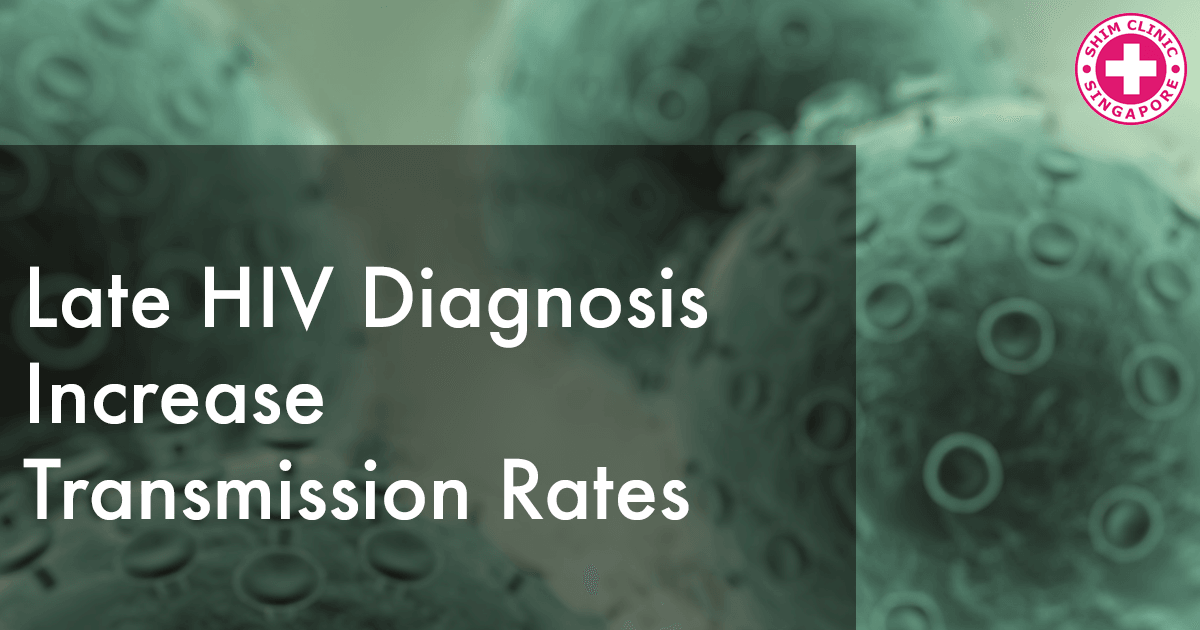Late diagnosis of HIV has increased a worrisome infection trend. A new study by the University of California, published in The Medicine, found that the more patients are diagnosed late in the course of HIV infection the more likely they are to transmit HIV to others. This is because they are not on any treatment to suppress the virus. They, therefore, transmit the virus without even knowing they are doing so.
If the patients do not go for regular HIV testing, then the chances of late diagnosis go up, increasing the risk of transmitting the virus to other people unknowingly.
Besides the risk of infecting other people, the patients have an increased risk of acquiring negative health issues including such as premature death and opportunistic infections such as Pneumocystis carinii pneumonia, Kaposi’s sarcoma, and toxoplasmosis.
The research was conducted by lead researcher Brandon Brown and his team. The researchers used the Riverside County to examine prevalence and risk factors. They used a cohort of residents who had had an AIDS diagnosis within 12 months.
The researchers observed that even though free and confidential HIV testing is available throughout Riverside County, about 30 percent or more of new HIV diagnoses fell under the late-to-test category. This means that they had received an AIDS diagnosis within 12 months after acquiring the virus.
The lead researcher noted that early HIV testing and diagnosis is critical in the prevention of onward HIV virus transmission as well as to decrease missed opportunities for treatment.
Notable Research Findings
Using data from medical records and HIV surveillance, the researchers noted that there was an increased risk of late HIV testing among patients between the ages of 45 and 64 years. The risk is also higher among those who do not have a medical insurance. The uninsured are actually less likely to get tested.
The study also observed that the Hispanics were among the largest number of the racial/ethnic minorities to test late. No other not other racial/ethnic minorities had a high risk. They, however, noted that this was likely because a larger proportion of Hispanics had participated in the study compared to the others.
The research also found that there was a reduced risk among women. The risk of testing late was also lower among people living in the eastern part of the county due to extensive HIV prevention campaigns in this area. Less health care access among foreign-born people in Riverside County made them late testers.
Recommendations of the Study
The researchers also used the study to identify factors associated with late HIV testing and made recommendations accordingly. They recommended more outreach programs for HIV testing especially among the uninsured, people, over 45 years of age, and the foreign born.
They echoed the CDC’s recommendation that every person who is between 13 and 64 years old get HIV testing during the routine health care check ups. The researcher reiterated the importance of early HIV testing. According to Dr. Brown, early testing extends life, prevents transmission, and saves on medical costs.
As the researchers observed, early HIV testing could save lives, not only of those infected but also for those who are not. We believe that routine HIV testing should be encouraged especially in in any STD clinic.
What We Can Do For You
If you suspect that you have been exposed to HIV within the last 72 hours, quickly come to our clinic for a HIV test and then get on the HIV PEP treatment to prevent infection from setting in. If infection has set in, some of the HIV symptoms are fever, night sweats and swollen lymph nodes.


Pingback: Late HIV Diagnosis Increase Transmission Rates ...